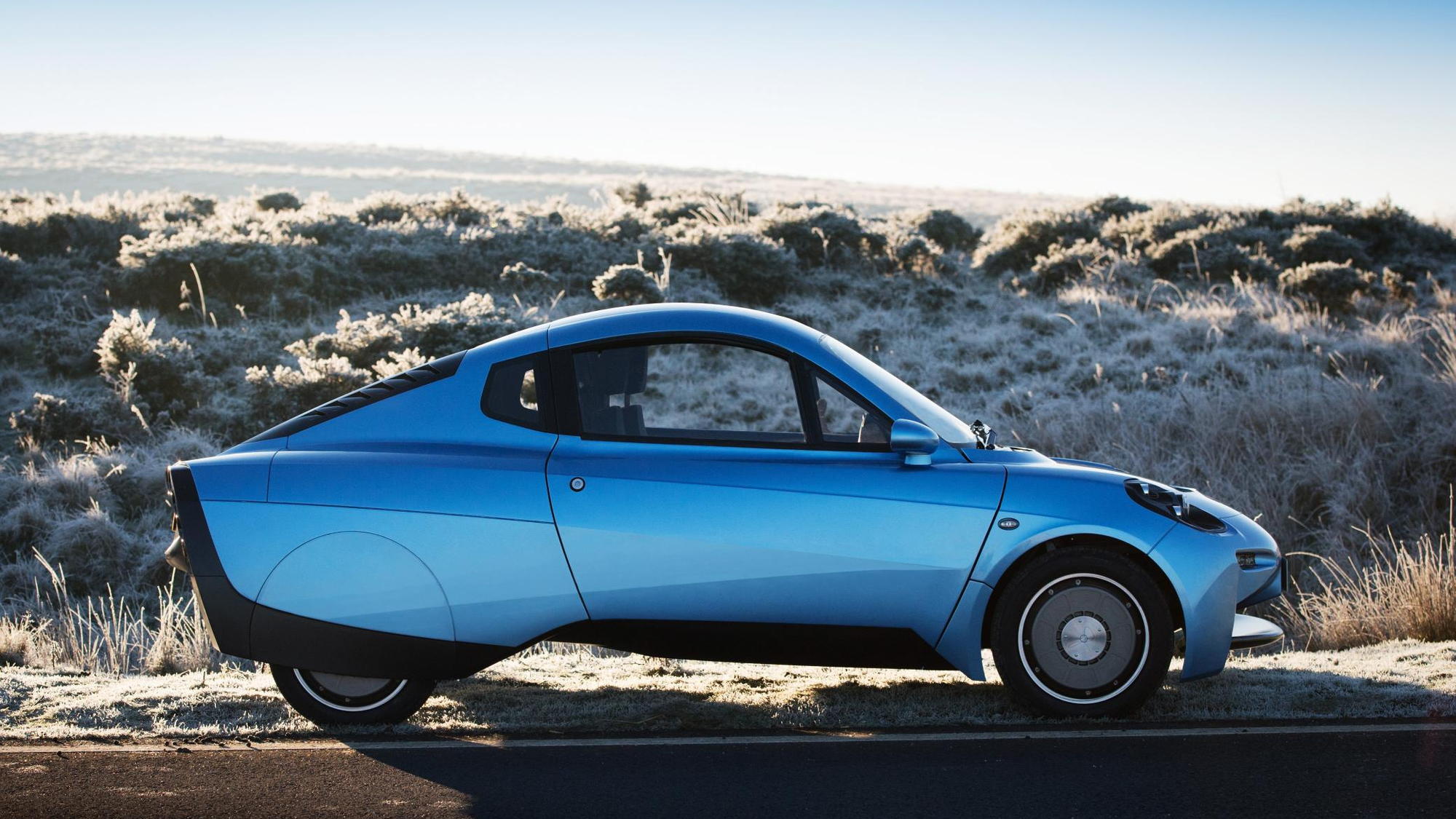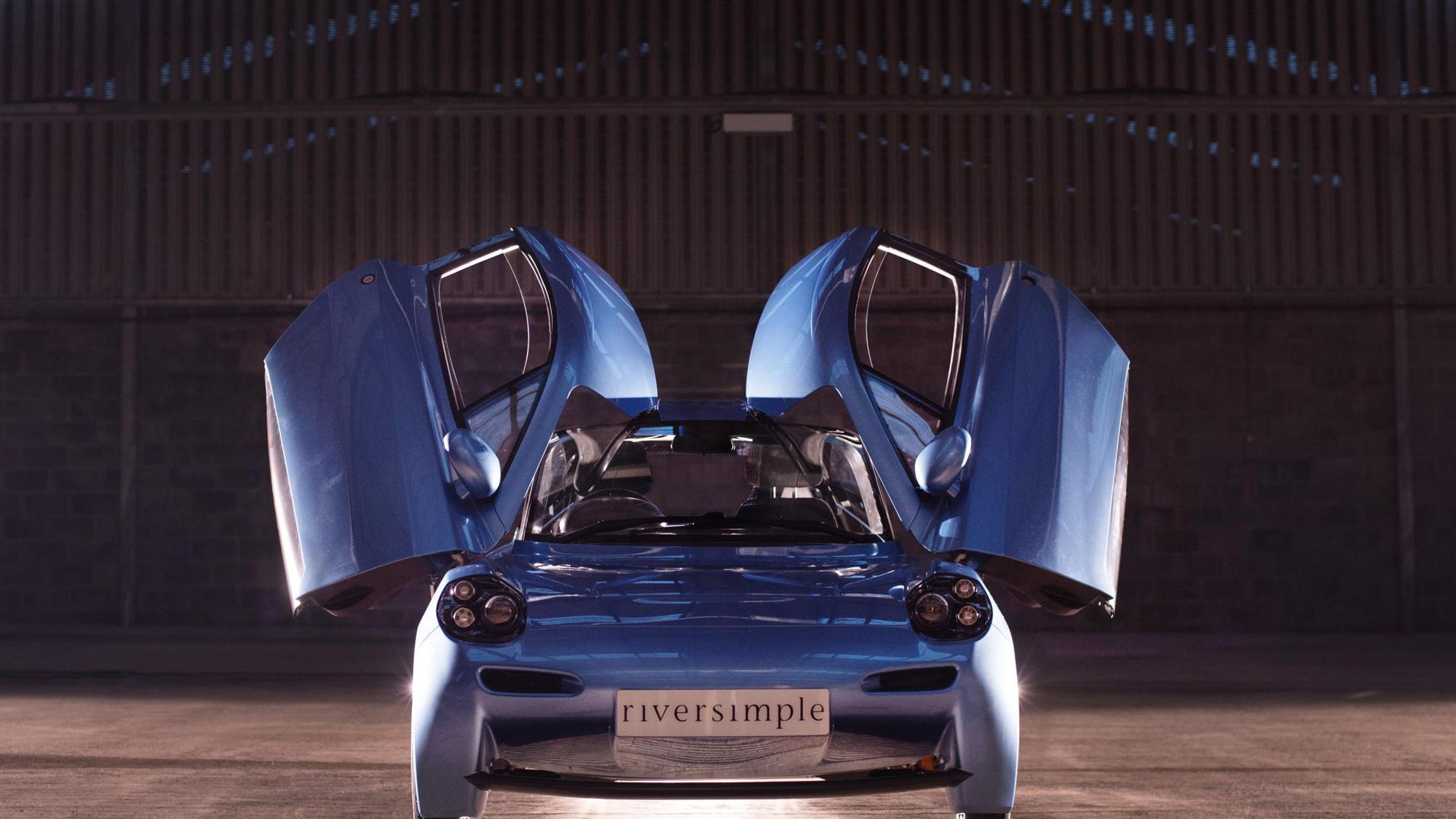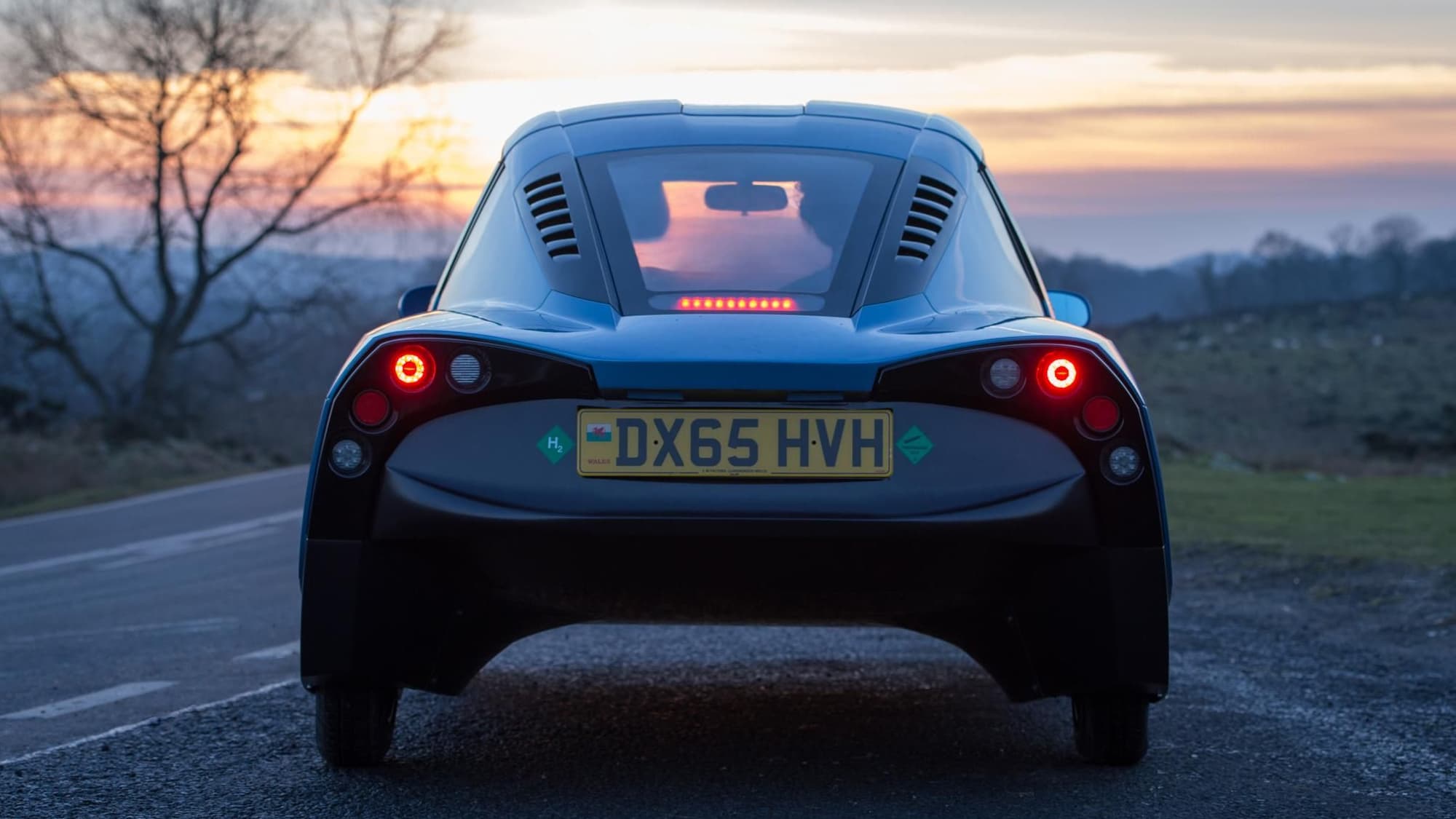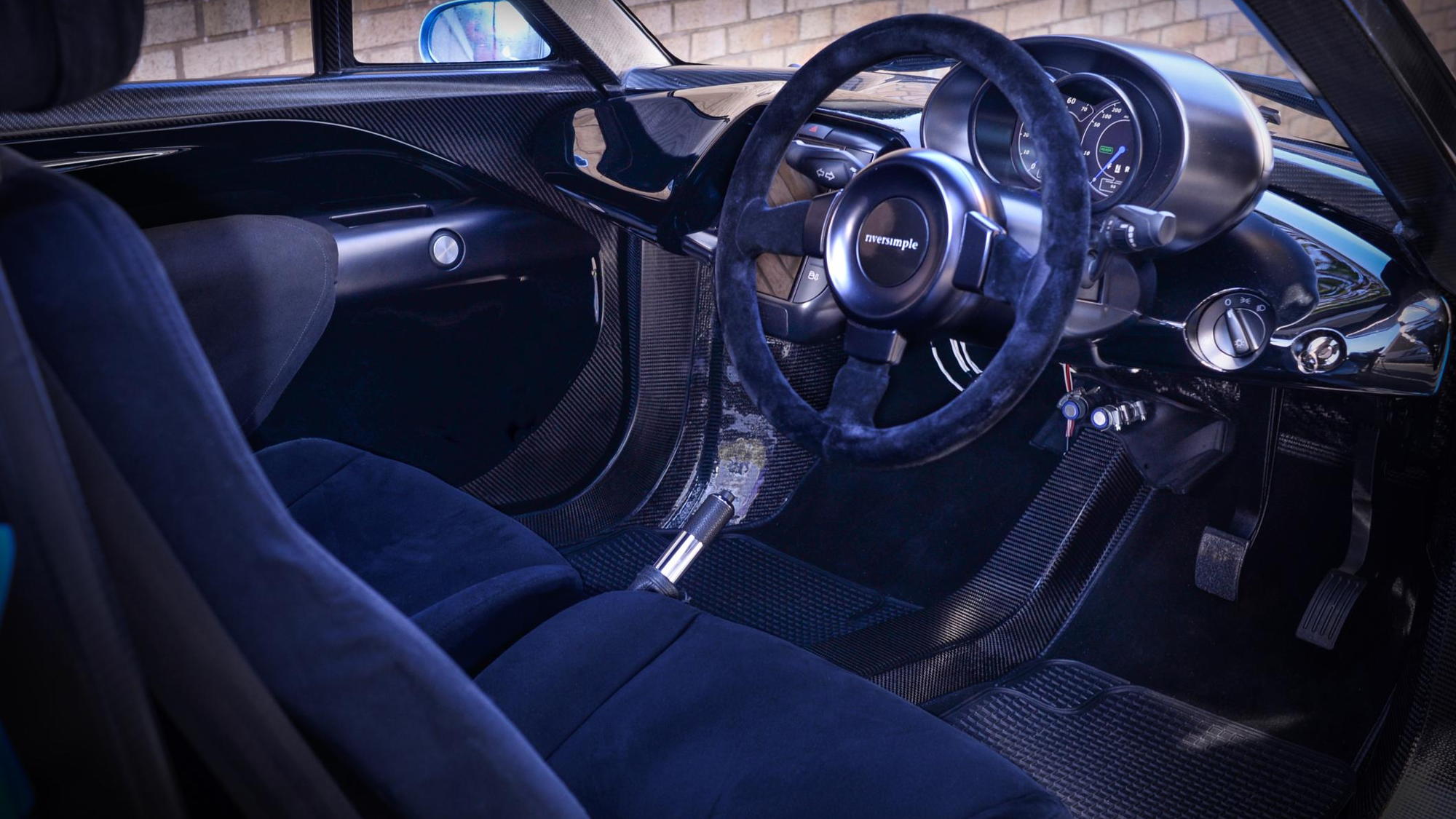Now it's back with a refined design that it hopes to put into production by 2018.
It's called the Rasa--as in tabula rasa, Latin for "clean slate."
DON'T MISS: U.K. Extends Green-Car Grants To Double Buyers By 2018 (Dec 2015)
The proverbial slate hasn't been wiped completely clean, though. Like Riversimple's previous design, the Rasa is a small two seater with a fuel-cell powertrain, seemingly intended primarily for urban driving.
The updated car boasts a carbon-fiber monocoque that weighs just 88 pounds, helping to keep the weight of the entire vehicle down to 1,146 pounds.
Power comes from an 8.5-kilowatt fuel-cell stack--adapted from one typically used in a forklift--which feeds four in-wheel electric motors.

Riversimple Rasa
The company also claims a 300-mile range, although that's likely as measured on the somewhat optimistic European testing cycle.
ALSO SEE: Is This Tata The Smallest Roadworthy Hydrogen Fuel-Cell Vehicle In The World?
The Rasa certainly doesn't look like many other cars on the road and--if Riversimple has its way--it won't be marketed like them either.
Riversimple plans to offer the Rasa through a "sale of service" model that essentially means customers will subscribe to gain access to a car, rather than buying it or leasing it.
They'll pay a fixed monthly fee that covers fuel, insurance, maintenance, and repairs. Mileage will be capped as it would be in a conventional lease.
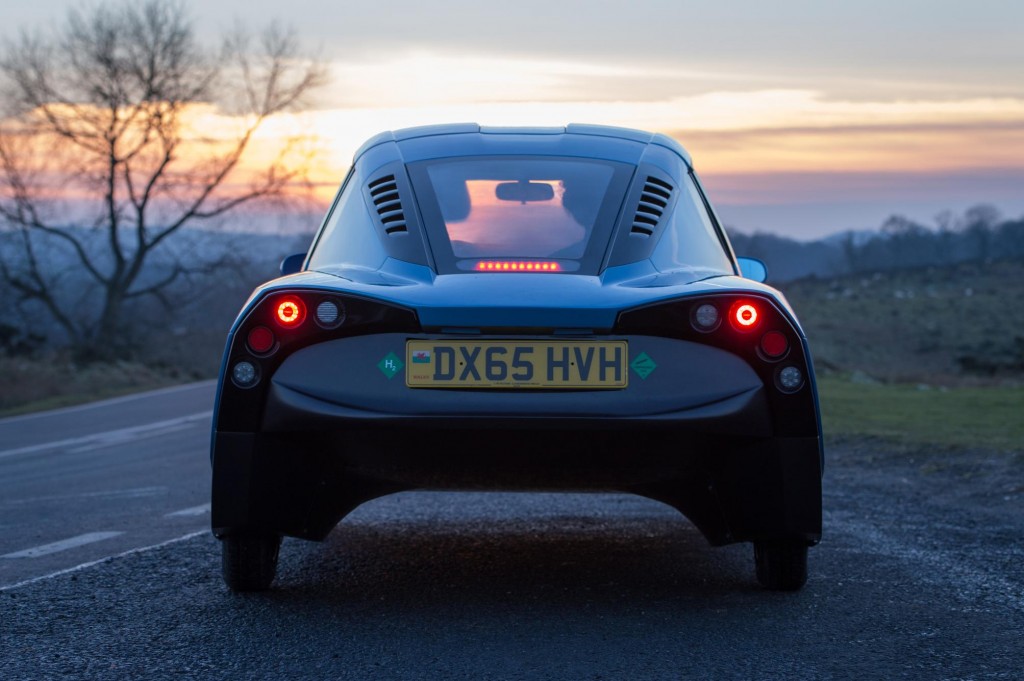
Riversimple Rasa
Development of the Rasa was funded in part by a 2 million pound ($2.8 million) grant from the Welsh government. Riversimple is currently headquartered in the Welsh town of Llandrindod Wells.
MORE: 2017 Honda Clarity Fuel Cell Priced 'Around $60,000,' CA Launch Before End Of Year
It also recently received 2 million euros ($2.2 million) in funding from the European Union, which will go toward a 12-month testing program of 20 "beta" prototypes.
If all goes well, Riversimple plans to start production by 2018.
_______________________________________________
